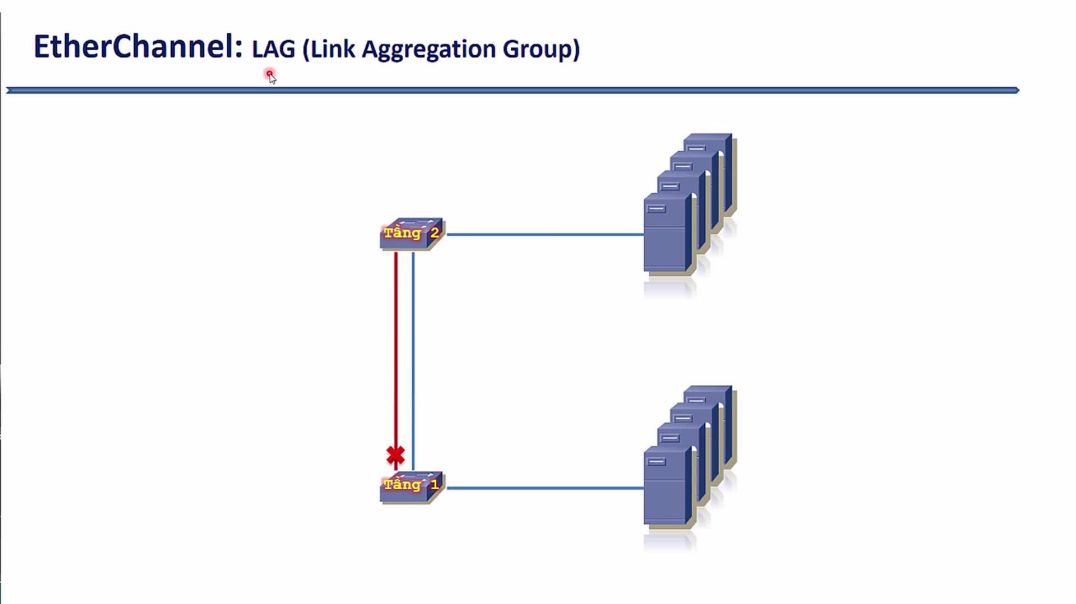Top videos
Vua Hải Tặc - One Piece Tập 1
Cách bảo vệ STP và Port Security
Bài 38: Giới thiệu bản thân
By default, Windows Photo Viewer is present but not enabled on Windows Server from the 2016 version. This isn’t a huge problem, that is until you add the RDS role and have users logging into a Server OS. Users like things to just work, so providing them with a familiar way to open images will certainly cut down on the complaints received.
Download MS Photoviewer Registry Files: https://green.cloud/docs/wp-co....ntent/uploads/2023/0
https://green.cloud/docs/how-t....o-enable-photo-viewe
#windowsserver #photoviewer #windowsphotoviewer
______________
► GET VPS: https://greencloudvps.com/vpsforyou
► Website: https://greencloudvps.com/
► Facebook: https://www.facebook.com/greencloudvps
► Twitter: https://www.twitter.com/greencloudvps
Sometimes you wish to play audio/video sound from your Windows VPS, but you cannot due to the virtual nature of servers. Indeed, you cannot attach external speakers to Windows VPS, but you can certainly route VPS audio/video sound to play via your local computer. You can achieve this by redirecting the VPS sound to the local computer via Remote Desktop Protocol. This feature is more useful when you run Forex trading software (Meta Trader) and you don't want to miss those important Forex Alerts.
The following guide will assist you to enable redirection of audio/video sound via the Remote Desktop client.
#vps #windowsvps #rdp
______________
► GET VPS: https://greencloudvps.com/vpsforyou
► Website: https://greencloudvps.com/
► Facebook: https://www.facebook.com/greencloudvps
► Twitter: https://www.twitter.com/greencloudvps
Tổng quan về giải pháp Link Aggregation Group
Bài 49: Viết đoạn văn miêu tả
Cơ chế truyền Half Duplex và Full Duplex trên mạng Ethernet LAN
Bài 50: Viết đoạn văn kể chuyện
Dockerfile
Để thuận lợi hơn trong việc cung cấp bộ kit test cho nhiều tỉnh thành, Tuấn "nháy" đã có những món quà biếu vô cùng độc, lạ.
Bài 16: Phân từ
Kỹ thuật Telnet cấu hình thiết bị từ xa - Cấu hình cơ bản
Bài 31: Xác định bối cảnh bài nghe
Vua Hải Tặc - One Piece Tập 31
Bài 21 Động từ nguyên thể và danh động từ
Adding and removing users on a Linux system is one of the most important system administration tasks to familiarize yourself with. When you create a new system, you are often only given access to the root account by default.
While running as the root user gives you complete control over a system and its users, it is also dangerous and possibly destructive. For common system administration tasks, it’s a better idea to add an unprivileged user and carry out those tasks without root privileges. You can also create additional unprivileged accounts for any other users you may have on your system. Each user on a system should have their own separate account.
https://green.cloud/docs/how-t....o-add-remove-a-user-
#linux #linuxvps #adduser #removeuser
______________
► GET VPS: https://greencloudvps.com/vpsforyou
► Website: https://greencloudvps.com/
► Facebook: https://www.facebook.com/greencloudvps
► Twitter: https://www.twitter.com/greencloudvps
Bài 6: Tạo tài khoản KDP (Kindle Direct Publishing) trên Amazon
Bài 16 Động từ và thì của động từ
Cacti is an open-source web-based network monitoring and system monitoring graphing tool. It is a frontend to RRDTool – a Time Series Database (TSDB).
Using Cacti you can monitor servers and network devices such as servers, routers, and switches. It gathers and monitors network traffic using the SNMP protocol. It can monitor various system metrics such as CPU, memory disk space, and bandwidth utilization. You can also set up alerts to receive email notifications during a system outage. Furthermore, it enables a faster response time when a problem arises.
You can use the LAMP stack to install Cacti on Linux Distribution. It also supports Nginx and IIS Webserver. The data collected is then stored in a MySQL or MariaDB database. The Data Collection framework is fully distributed, fault-tolerant, and scalable.
https://green.cloud/docs/how-t....o-install-and-config
#linux #cacti #apache #mariadb #ubuntu #ubuntu20 #ubuntu22
______________
► GET VPS: https://greencloudvps.com/vpsforyou
► Website: https://greencloudvps.com/
► Facebook: https://www.facebook.com/greencloudvps
► Twitter: https://www.twitter.com/greencloudvps




















